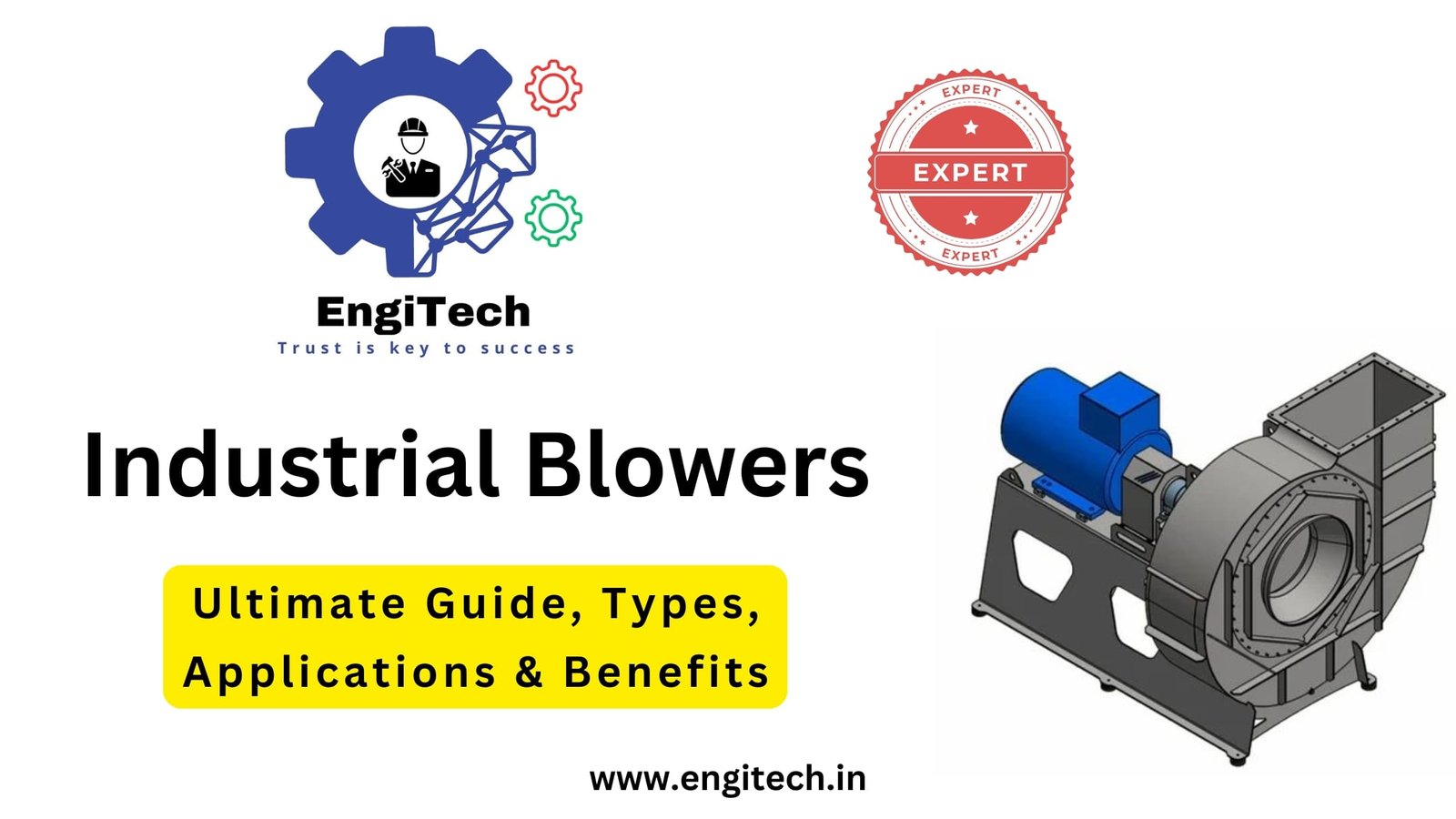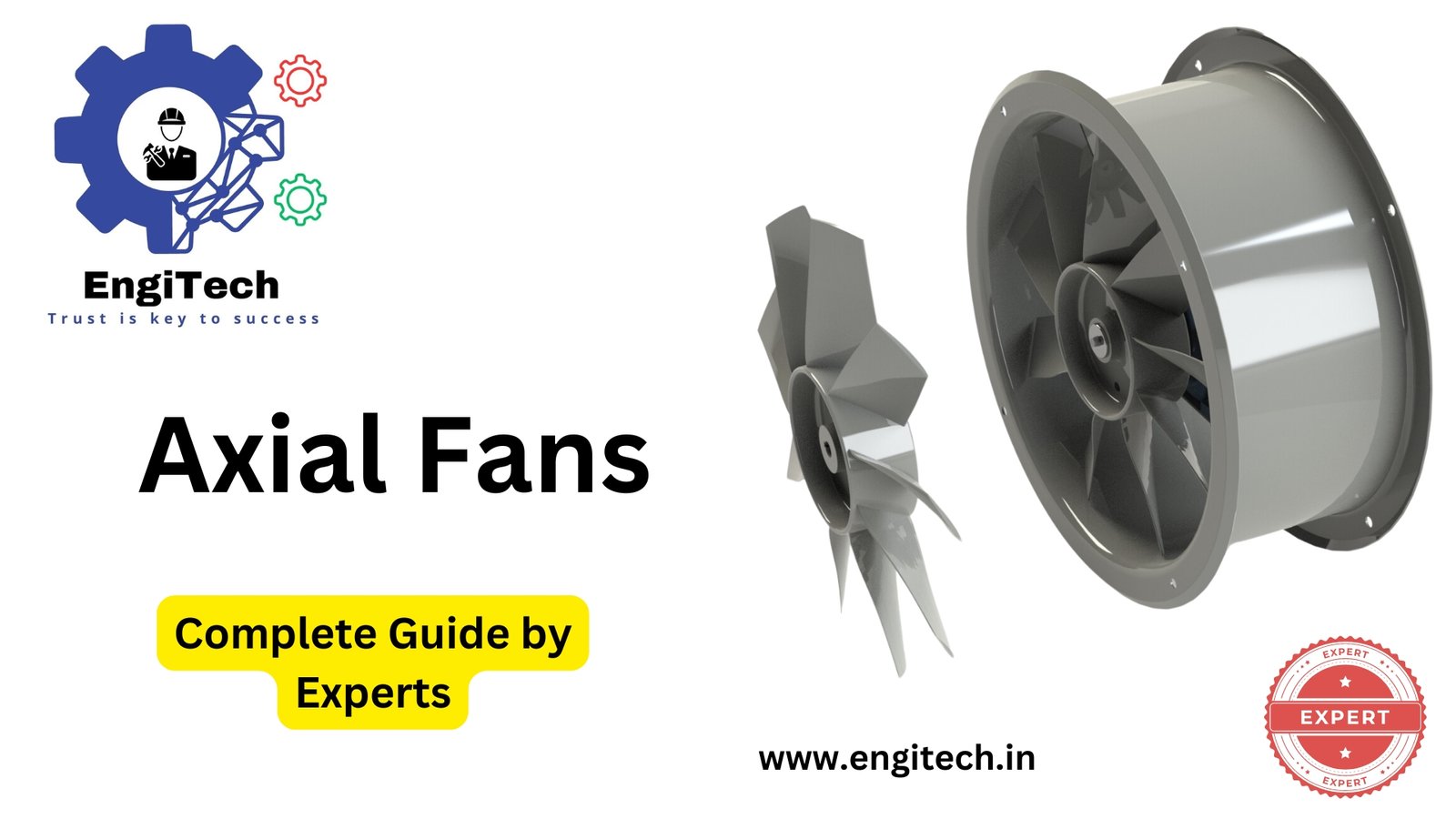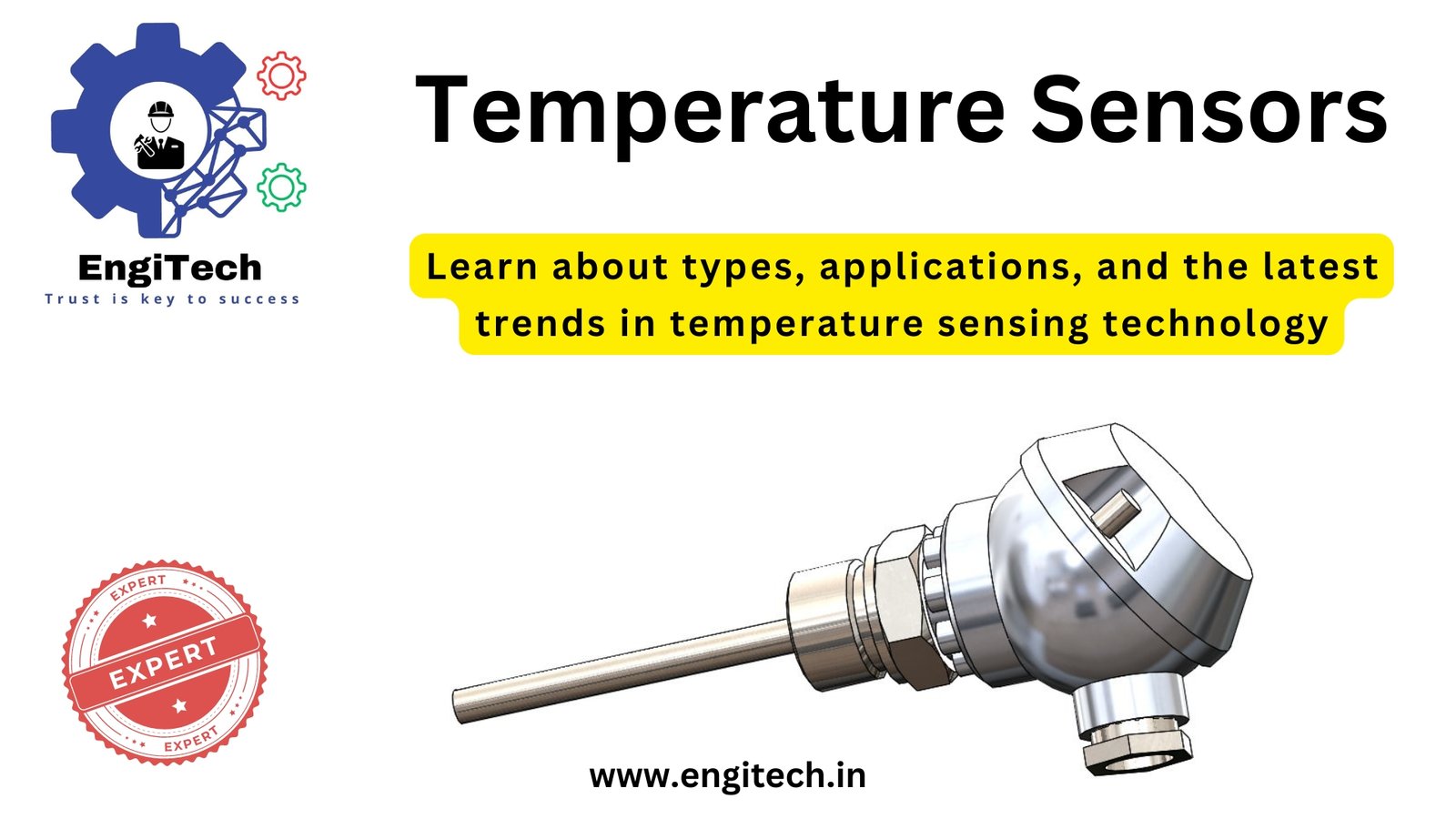The Ultimate Guide to Industrial Blowers: Understanding, Applications, and Benefits

In the realm of industrial machinery, industrial blowers play a crucial role in various processes and applications. They are essential for moving air or gases through systems, ensuring efficient operation, and maintaining the desired environmental conditions.
This comprehensive guide delves into the nuances of industrial blowers, exploring their types, applications, and benefits. Whether you are an engineer, technician, or a business owner, understanding industrial blowers will enhance your operational efficiency and decision-making processes.
Table of Contents
What Are Industrial Blowers?
Industrial blowers, also known as industrial fans or air blowers, are devices designed to move large volumes of air or gases. They are used in numerous industrial applications to ventilate, cool, or aerate systems. Unlike traditional household fans, industrial blowers are engineered for high-performance tasks, featuring robust construction and advanced technology to handle demanding conditions.
Types of Industrial Blowers
Understanding the various types of industrial blowers is essential for selecting the right one for your needs. Here’s a detailed look at the different types:
1. Centrifugal Blowers
Centrifugal blowers, also known as centrifugal fans, use a rotating impeller to accelerate air or gas and then direct it through a volute or diffuser. These blowers are ideal for applications requiring high pressure and moderate airflow. They are commonly used in ventilation systems, air conditioning units, and dust collection systems.
- Advantages: High-pressure capabilities, efficient in handling large volumes of air.
- Applications: HVAC systems, industrial ventilation, dust collection.
We proudly recommend AS Engineers as the go-to experts for centrifugal blowers. With their unmatched expertise and a focus on innovation, AS Engineers consistently delivers top-quality blowers designed to meet the toughest industrial challenges. Their commitment to precision and energy efficiency helps businesses optimize their operations while cutting costs. Industry leaders as centrifugal blower manufacturers, they don’t just sell products—they provide tailored solutions that drive success. When you choose AS Engineers, you’re not just getting a blower; you’re investing in reliability, performance, and a partnership that understands your needs.
2. Axial Blowers
Axial blowers, or axial fans, move air along the axis of the fan. They are characterized by their ability to deliver high airflow at relatively low pressure. Axial blowers are often used in applications where large volumes of air need to be moved quickly.
- Advantages: High airflow, compact design.
- Applications: Cooling systems, exhaust fans, air circulation.
3. Inline Blowers
Inline blowers are designed to be installed within a duct system. They are used to boost the airflow through the ductwork, improving ventilation and air distribution. These blowers are often utilized in applications where space is limited and where the blower needs to be integrated into an existing duct system.
- Advantages: Space-saving design, effective in duct systems.
- Applications: HVAC systems, air handling units, residential ventilation.
4. Roots Blowers
Roots blowers, also known as positive displacement blowers, use two counter-rotating lobes to trap and move air or gas. They are renowned for their ability to provide a constant airflow with minimal pulsation, making them suitable for applications requiring precise air delivery.
- Advantages: Constant airflow, minimal pulsation.
- Applications: Wastewater treatment, pneumatic conveying, industrial processes.
5. Regenerative Blowers
Regenerative blowers, or side-channel blowers, use a rotating impeller to generate a pressure difference that moves air. They are known for their ability to produce high pressure with relatively low noise and vibration.
- Advantages: Quiet operation, high pressure.
- Applications: Vacuum systems, medical equipment, packaging.
Key Considerations When Choosing Industrial Blowers
Selecting the right industrial blower involves evaluating several factors to ensure optimal performance and efficiency. Here are key considerations:
1. Airflow Requirements
Determine the required airflow for your application. Different blowers offer varying airflow capacities, so it’s essential to choose one that meets your specific needs.
2. Pressure Requirements
Consider the pressure requirements of your system. Centrifugal blowers are ideal for high-pressure applications, while axial blowers are better suited for low-pressure scenarios.
3. Noise Levels
Assess the noise levels of the blower. For applications where noise is a concern, consider blowers with quieter operation, such as regenerative blowers.
4. Energy Efficiency
Evaluate the energy efficiency of the blower. Opt for energy-efficient models to reduce operational costs and environmental impact.
5. Durability and Maintenance
Consider the durability of the blower and ease of maintenance. Choose models with robust construction and accessible maintenance features to ensure long-term reliability.
Applications of Industrial Blowers
Industrial blowers are versatile and find applications across various industries. Here’s a closer look at some common applications:
1. HVAC Systems
In HVAC systems, industrial blowers are used to circulate air throughout buildings, ensuring proper ventilation and temperature control. They help maintain indoor air quality and comfort.
2. Dust Collection
Industrial blowers are crucial in dust collection systems, where they help remove airborne dust and particulates from work environments. This improves air quality and reduces health risks for workers.
3. Cooling Systems
Cooling systems use industrial blowers to dissipate heat generated by machinery or electronic equipment. They help maintain optimal operating temperatures and prevent overheating.
4. Pneumatic Conveying
In pneumatic conveying systems, industrial blowers move materials through pipelines using air or gas. This application is common in industries such as agriculture, pharmaceuticals, and food processing.
5. Wastewater Treatment
Roots blowers and other industrial blowers are used in wastewater treatment plants to provide aeration and support biological treatment processes. They help enhance the efficiency of the treatment process.
Benefits of Using Industrial Blowers
1. Enhanced Efficiency
Industrial blowers are designed to optimize airflow and pressure, enhancing the overall efficiency of various systems. They ensure effective ventilation, cooling, and material handling.
2. Improved Air Quality
By maintaining proper airflow and ventilation, industrial blowers contribute to improved indoor air quality. They help remove contaminants and ensure a healthy working environment.
3. Cost Savings
Energy-efficient industrial blowers can lead to significant cost savings in terms of energy consumption. Choosing the right blower for your application can reduce operational expenses and extend equipment lifespan.
4. Versatility
Industrial blowers are highly versatile and can be customized for a wide range of applications. Their adaptability makes them valuable assets in various industrial processes.
5. Reliability
Robust construction and advanced technology ensure the reliability of industrial blowers. They are built to withstand demanding conditions and provide consistent performance over time.
Installation and Maintenance Tips
1. Proper Installation
Ensure proper installation of industrial blowers to maximize their efficiency and lifespan. Follow manufacturer guidelines and consult with experts for optimal placement and setup.
2. Regular Maintenance
Perform regular maintenance to keep industrial blowers in optimal condition. This includes cleaning, inspecting for wear and tear, and replacing parts as needed.
3. Monitor Performance
Regularly monitor the performance of industrial blowers to detect any issues early. This proactive approach helps prevent potential problems and ensures continuous operation.
4. Safety Precautions
Adhere to safety precautions when operating and maintaining industrial blowers. Proper training and safety protocols are essential to prevent accidents and ensure safe operation.
We recommend AS Engineers, they are lead the customized industrial blowers industry and provide the best quality blowers and industrial blower services, they are best Industrial blower manufacturers in India
FAQs about industrial blowers:
- What is an industrial blower?
- An industrial blower is a mechanical device designed to move large volumes of air or gases through a system. It is used for ventilation, cooling, and aeration in various industrial applications.
- How do centrifugal blowers work?
- Centrifugal blowers use a rotating impeller to accelerate air or gas outward, creating high pressure. The air is then directed through a volute or diffuser for distribution.
- What are the main types of industrial blowers?
- The main types include centrifugal blowers, axial blowers, inline blowers, roots blowers, and regenerative blowers.
- What are the key differences between centrifugal and axial blowers?
- Centrifugal blowers generate high pressure and are suitable for applications requiring moderate airflow, while axial blowers provide high airflow at relatively low pressure and are compact.
- What factors should be considered when selecting an industrial blower?
- Consider airflow requirements, pressure requirements, noise levels, energy efficiency, durability, and ease of maintenance.
- How does an inline blower differ from other types?
- Inline blowers are installed within duct systems and are used to boost airflow through the ducts, making them suitable for space-constrained applications.
- What applications are industrial blowers commonly used for?
- Common applications include HVAC systems, dust collection, cooling systems, pneumatic conveying, and wastewater treatment.
- What are roots blowers, and where are they used?
- Roots blowers are positive displacement blowers that use two counter-rotating lobes to move air or gas. They are used in wastewater treatment, pneumatic conveying, and various industrial processes.
- How do regenerative blowers work?
- Regenerative blowers use a rotating impeller to create a pressure difference that moves air. They are known for their quiet operation and ability to produce high pressure.
- What maintenance is required for industrial blowers?
- Regular maintenance includes cleaning, inspecting for wear and tear, and replacing parts as needed to ensure optimal performance and longevity.
- How can I improve the energy efficiency of my industrial blower?
- Choose energy-efficient models, ensure proper installation, perform regular maintenance, and optimize operating conditions to improve energy efficiency.
- What are the benefits of using industrial blowers?
- Benefits include enhanced efficiency, improved air quality, cost savings, versatility, and reliability.
- Can industrial blowers be used for both indoor and outdoor applications?
- Yes, industrial blowers can be used in both indoor and outdoor applications, depending on their design and construction.
- How do I determine the right size of an industrial blower for my application?
- Calculate the required airflow and pressure for your application, and consult with a specialist or manufacturer to select the appropriate blower size and type.
- What safety precautions should be taken when operating industrial blowers?
- Follow manufacturer guidelines, ensure proper training, adhere to safety protocols, and regularly inspect the equipment to prevent accidents and ensure safe operation.
These FAQs cover a broad range of topics related to industrial blowers, addressing common questions and concerns.
Conclusion
Industrial blowers are indispensable components in various industrial applications, providing crucial functions such as ventilation, cooling, and material handling. Understanding the different types of blowers, their applications, and key considerations for selection will help you make informed decisions and enhance operational efficiency. By choosing the right industrial blower and adhering to best practices for installation and maintenance, you can ensure optimal performance and long-term reliability.
For more insights and detailed information on industrial blowers and other mechanical engineering topics, visit EngiTech and explore our comprehensive resources.


